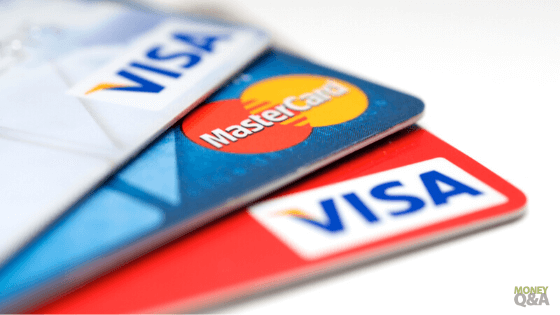
Your credit card charges a small amount as a service fee annually. While the charged amount or frequency might be different for every service provider, it’s automatically deducted from your bank account. Similarly, PayPal also charges a service fee for its multiple services, such as transaction fees. PayPal fees cover numerous online transaction services, and it is popular for its reasonable rates.
Reasons PayPal Charges Service Fee
PayPal is a multinational organization that facilitates online transactions worldwide. Unlike traditional checks and money orders for transactions, it promotes online cash payment via cash cards.
Customers who use these fast and reliable online payment services pay a small amount as a service fee. Charging service fees is how PayPal generates income that it utilizes for multiple deeds. These include maintaining high-quality services, paying employees, and developing creative payment options.
PayPal Fee for Online Transactions
PayPal fees vary depending on the aspects of the online transaction. For instance, PayPal will charge a higher service fee for international money transfers than domestic ones. Similarly, the rate of consumer fees will also be different from that of merchant fees.
These are not the only factors determining your fees for online money transactions. Payment type, payment method, and currency received are also some factors that affect PayPal fees. While online and in-store customer transactions are free, PayPal charges a fee for commercial transactions. The service fee charged is a small percentage of the total amount transacted and a fixed fee for every transaction.
However, the fixed fee rate depends on the currency received. Likewise, the payment option you select will verify the applicable PayPal fees. Be mindful that PayPal revises its fee lists intermittently for consumers and retailers.
PayPal Retailer Fee
PayPal charges a service fee for transactions between a business and its customers. Also known as the commercial transaction fees, this service fee is deducted every time a business receives payments from its customers. On top of that, an additional service fee is charged by commercial service organizations for payment processing.
Typically, retailers from small to multinational companies use PayPal for international business transactions. Their business account, also known as a merchant account, is linked with their bank account. With PayPal cash cards linked to this account, retailers can easily withdraw or receive funds by paying a small fee.
PayPal Commodity Fee (Alternate Payment Methods)
Now that you know about PayPal fees that vary depending on the payment method used, PayPal calls it the Alternative Payment Method. The Alternative Payment Method encompasses all commercial transactions, including selling products and services.
However, it is not confined to selling goods. PayPal payments also apply to fund transfers to freelancers, autonomous servicers, and large-scale payments to retailers.
An additional 1.50% is charged on the domestic retailer fee for making commercial transactions via PayPal. However, this fee might differ based on the currency received. For reference, the currency-received service fee for US dollars is $0.49.
PayPal Cryptos Transaction Fee
PayPal charges consumer fees based on the exchange rate for cryptocurrency payments. This exchange rate applies to any cryptocurrency purchases and sales processed via PayPal. PayPal makes added profits through this exchange rate by valuing cryptocurrency transactions above the actual exchange rate that PayPal gets. However, PayPal customers can cash in on time-sensitive fee discounts on crypto transactions if the specific criteria of the offer are met.
By understanding how the PayPal fees apply, you can easily determine how much service fee would be deducted in advance. However, keep an eye on the payment method, currency received, and numerous other factors directly affecting the charged service fee.
